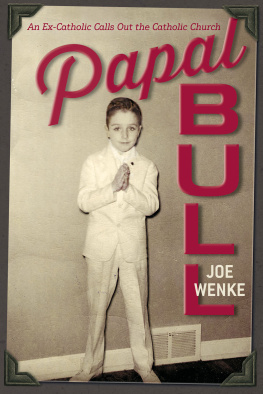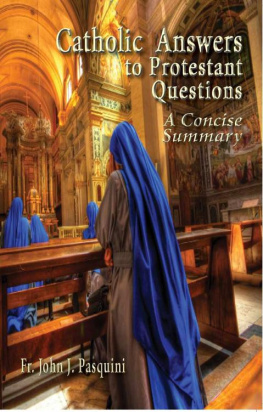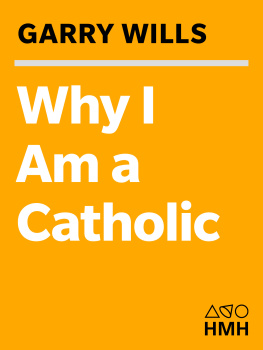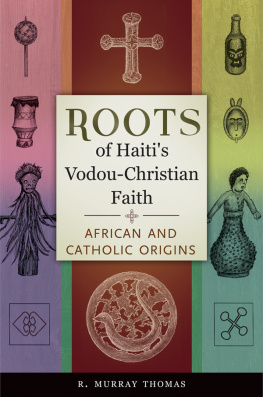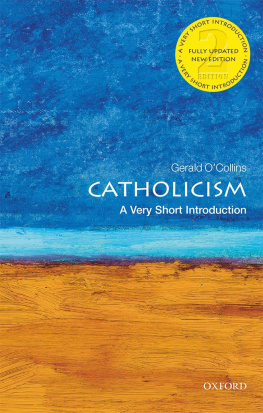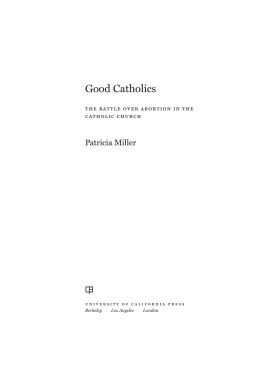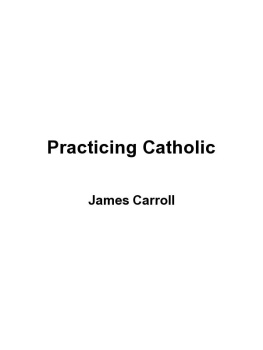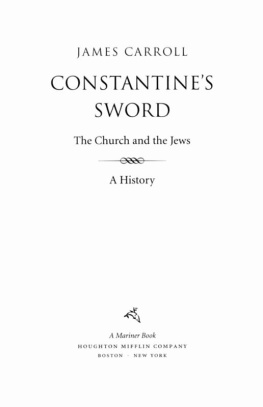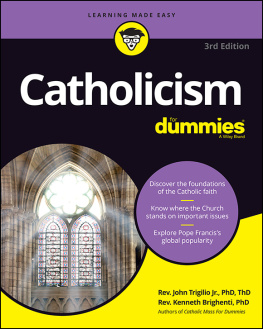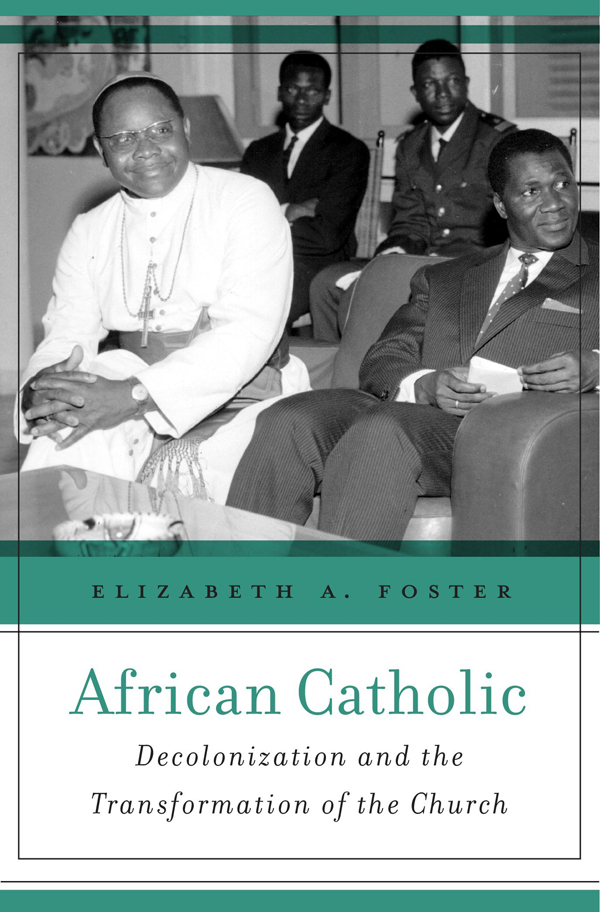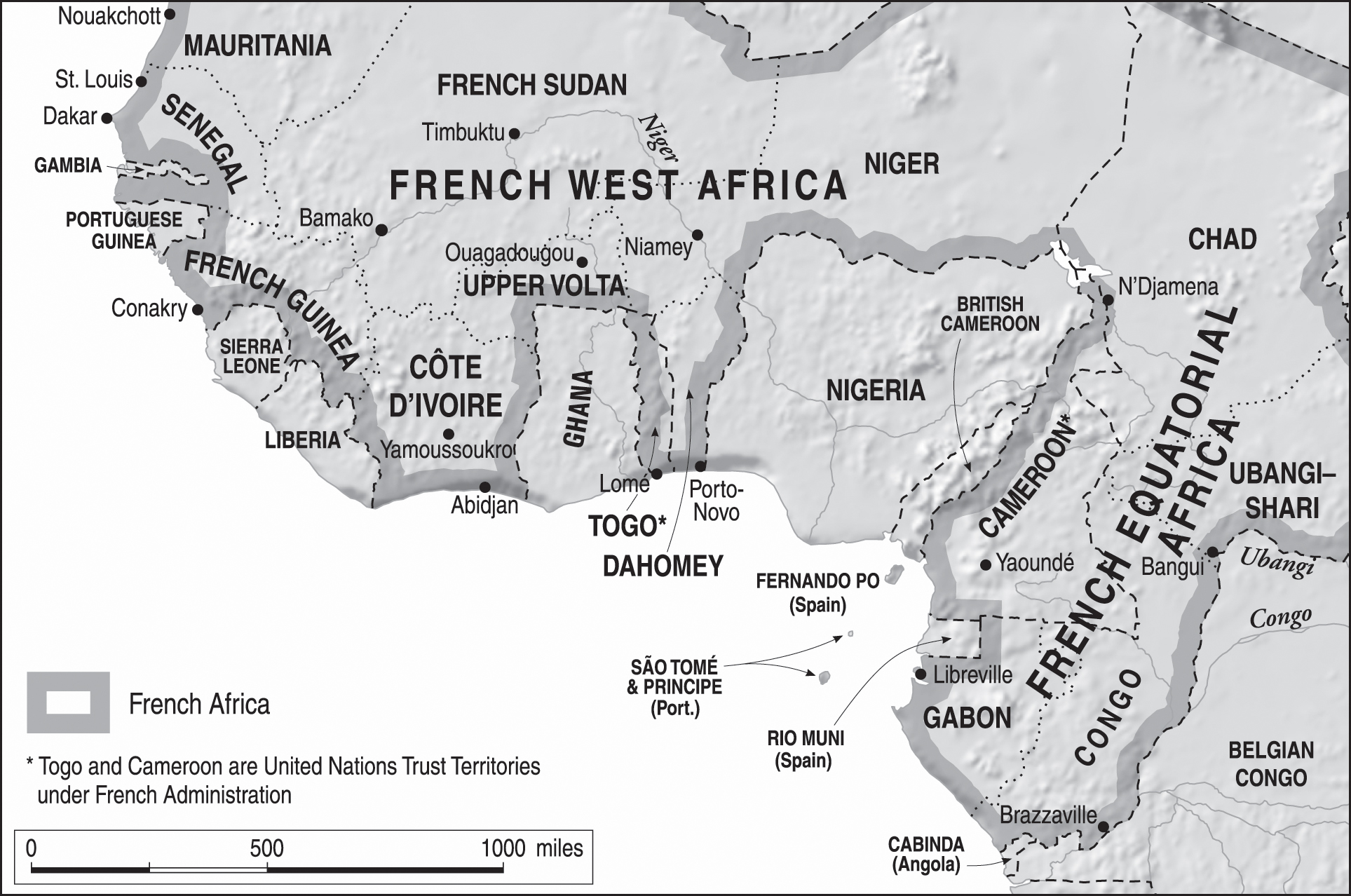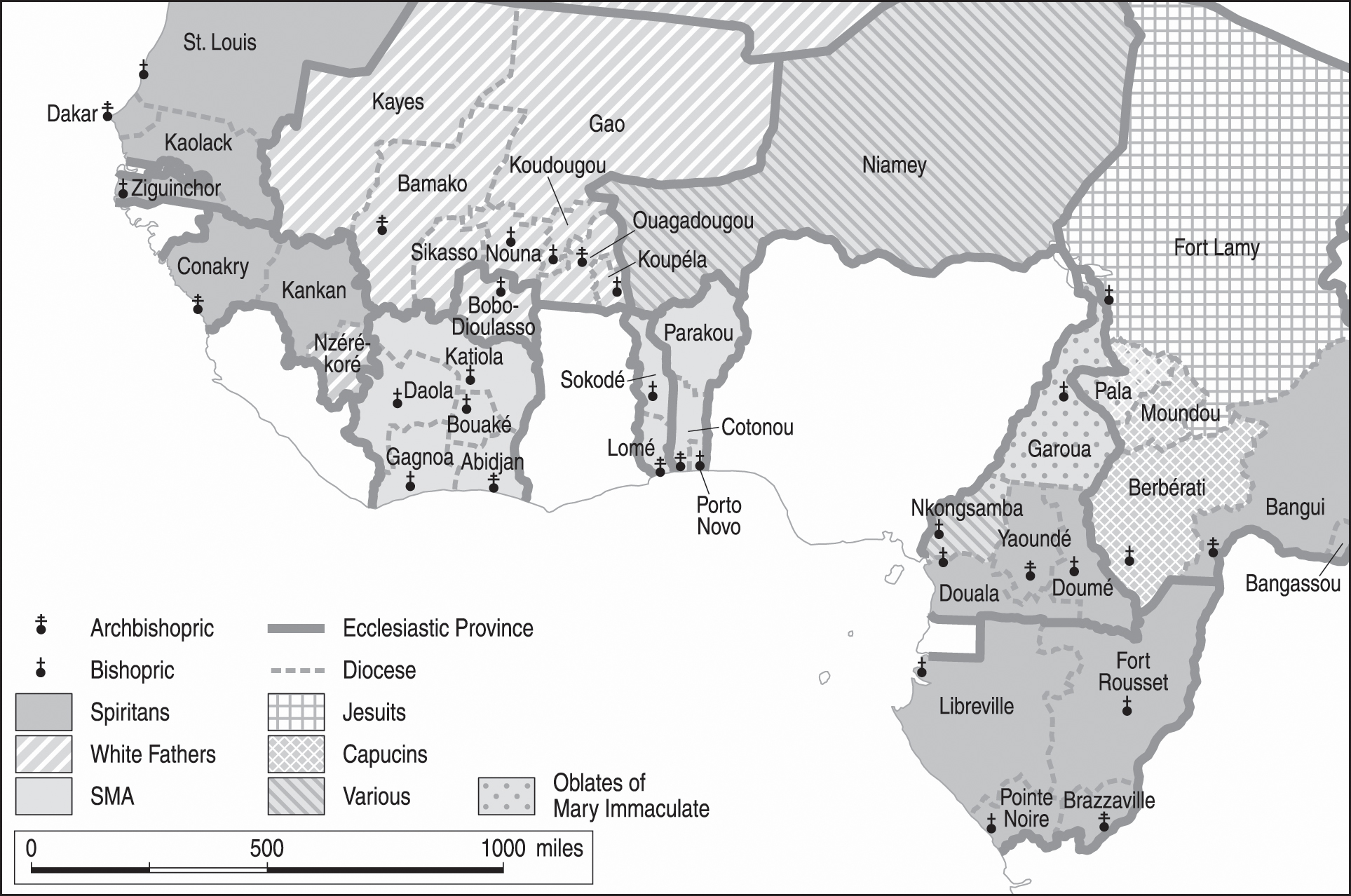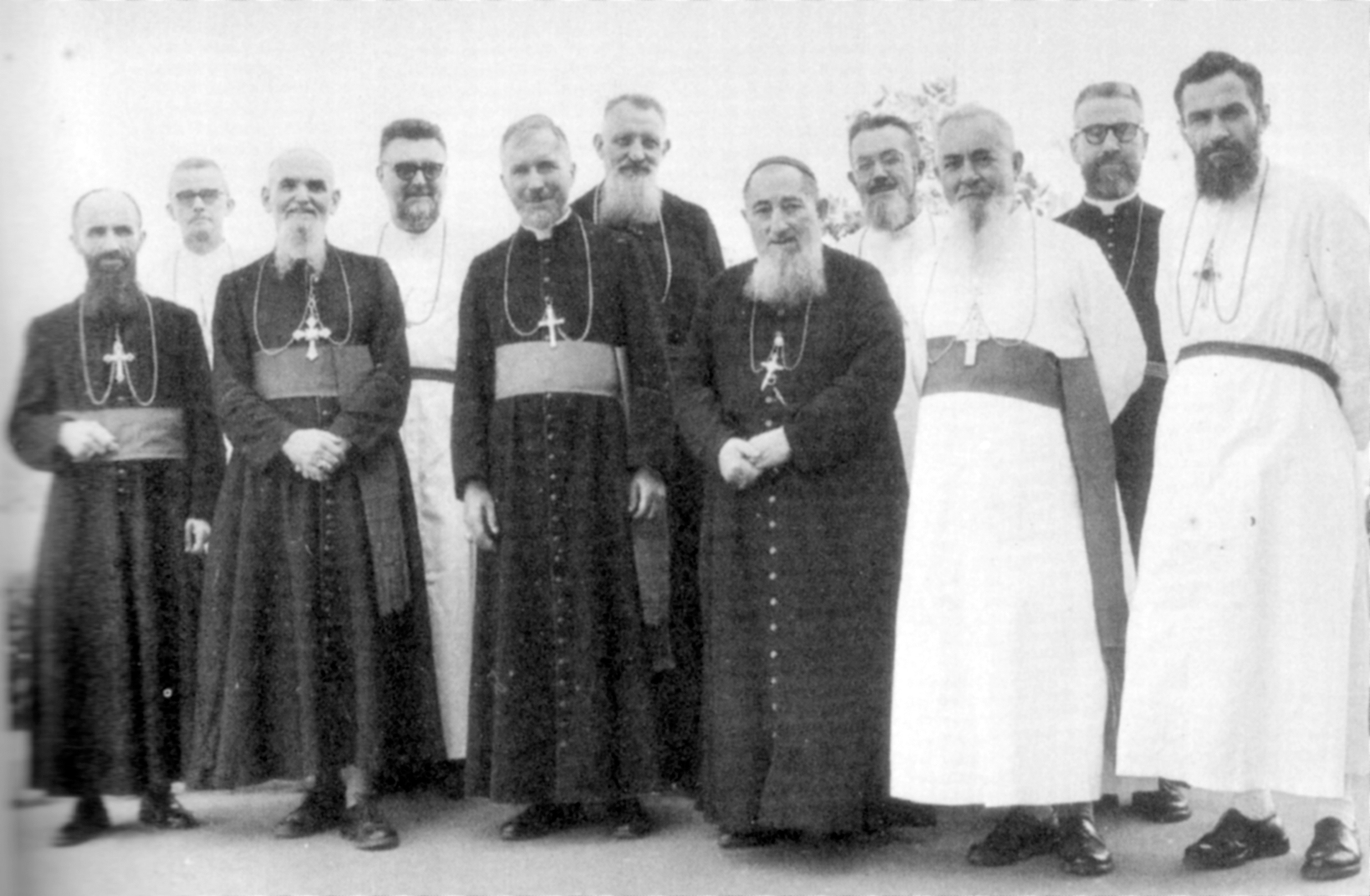Elizabeth A. Foster - African Catholic: Decolonization and the Transformation of the Church
Here you can read online Elizabeth A. Foster - African Catholic: Decolonization and the Transformation of the Church full text of the book (entire story) in english for free. Download pdf and epub, get meaning, cover and reviews about this ebook. year: 2019, publisher: Harvard University Press, genre: Politics. Description of the work, (preface) as well as reviews are available. Best literature library LitArk.com created for fans of good reading and offers a wide selection of genres:
Romance novel
Science fiction
Adventure
Detective
Science
History
Home and family
Prose
Art
Politics
Computer
Non-fiction
Religion
Business
Children
Humor
Choose a favorite category and find really read worthwhile books. Enjoy immersion in the world of imagination, feel the emotions of the characters or learn something new for yourself, make an fascinating discovery.

- Book:African Catholic: Decolonization and the Transformation of the Church
- Author:
- Publisher:Harvard University Press
- Genre:
- Year:2019
- Rating:3 / 5
- Favourites:Add to favourites
- Your mark:
African Catholic: Decolonization and the Transformation of the Church: summary, description and annotation
We offer to read an annotation, description, summary or preface (depends on what the author of the book "African Catholic: Decolonization and the Transformation of the Church" wrote himself). If you haven't found the necessary information about the book — write in the comments, we will try to find it.
Winner of the John Gilmary Shea Prize
A groundbreaking history of how Africans in the French Empire embraced both African independence and their Catholic faith during the upheaval of decolonization, leading to a fundamental reorientation of the Catholic Church.
African Catholic examines how French imperialists and the Africans they ruled imagined the religious future of French sub-Saharan Africa in the years just before and after decolonization. The story encompasses the political transition to independence, Catholic contributions to black intellectual currents, and efforts to alter the church hierarchy to create an authentically African church.
Elizabeth Foster recreates a Franco-African world forged by conquest, colonization, missions, and conversionsone that still exists today. We meet missionaries in Africa and their superiors in France, African Catholic students abroad destined to become leaders in their home countries, African Catholic intellectuals and young clergymen, along with French and African lay activists. All of these men and women were preoccupied with the future of Frances colonies, the place of Catholicism in a postcolonial Africa, and the struggle over their personal loyalties to the Vatican, France, and the new African states.
Having served as the nuncio to France and the Vaticans liaison to UNESCO in the 1950s, Pope John XXIII understood as few others did the central questions that arose in the postwar Franco-African Catholic world. Was the church truly universal? Was Catholicism a conservative pillar of order or a force to liberate subjugated and exploited peoples? Could the church change with the times? He was thinking of Africa on the eve of Vatican II, declaring in a radio address shortly before the council opened, Vis--vis the underdeveloped countries, the church presents itself as it is and as it wants to be: the church of all.
Elizabeth A. Foster: author's other books
Who wrote African Catholic: Decolonization and the Transformation of the Church? Find out the surname, the name of the author of the book and a list of all author's works by series.


